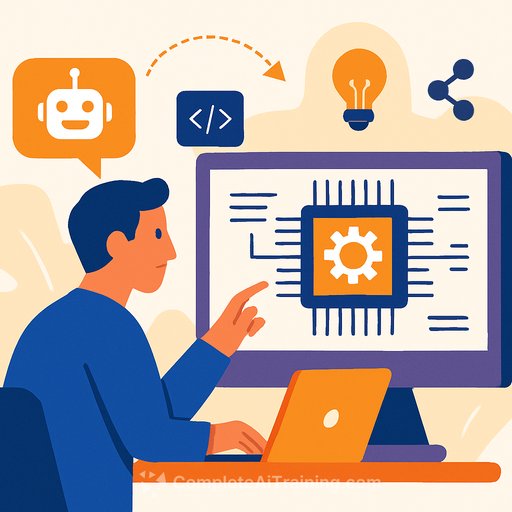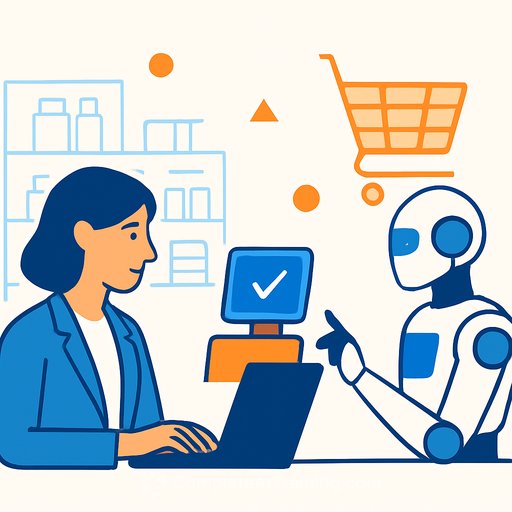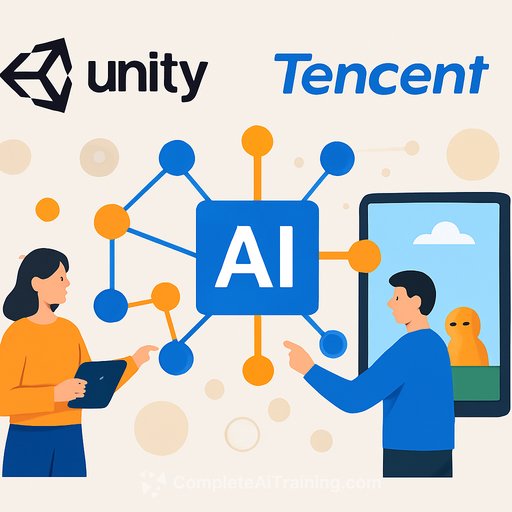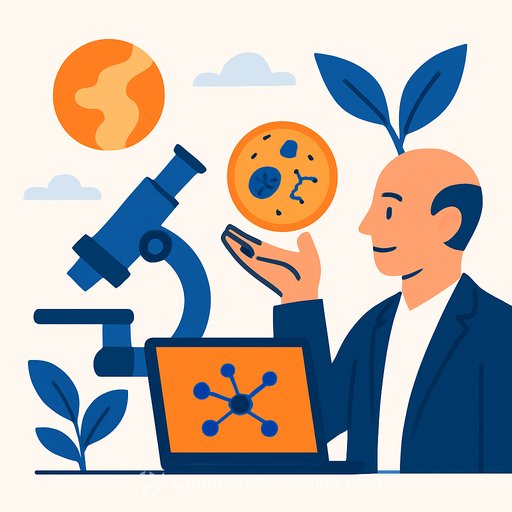Synopsys Integrates Generative AI into Chip Design with Synopsys.ai Copilot
Synopsys has expanded its semiconductor design platform by embedding generative AI capabilities across its electronic design automation (EDA) tools. The update aims to shorten development cycles, boost engineer productivity, and support complex chip designs, especially for teams with limited staffing.
Since 2021, Synopsys has incorporated AI features into its EDA suite, resulting in hundreds, possibly thousands, of AI-assisted chip designs. Now, the company introduces Synopsys.ai Copilot, which adds Assistive and Creative AI tools to its existing portfolio.
Comprehensive EDA Toolset Enhanced by AI
Synopsys offers tools covering all chip development phases, including:
- IP verification (VSO.ai)
- Analog verification (ASO.ai)
- RTL synthesis, floor planning, place and route (DSO.ai)
- 3D integration (3DSO.ai)
- Functional verification (TSO.ai)
- Data analytics tools like Design.da, Fab.da, and Silicon.da
Synopsys.ai Copilot now adds AI-driven features aimed at accelerating chip design and verification.
Assistive Features: Your AI Sidekick
Assistive tools help engineers work more efficiently by streamlining tool use, automating routine tasks, and reducing dependency on experts.
- Knowledge Assistance: Provides instant access to technical documentation, tool guidance, and expert content within the Synopsys environment. This reduces time spent searching manuals or waiting for expert help, improving onboarding speed for junior engineers by 30%. Over 100 startups have already adopted this feature through Synopsys Cloud.
- Workflow Assistance: Speeds up repetitive scripting and automation tasks, cutting time-to-solution in half on average. For example, in Synopsys PrimeTime, it can generate scripts 10 to 20 times faster than manual scripting.
- Run Assistance: Helps users execute commands and tool flows faster, although specific details remain limited.
Creative Features: AI as a Builder
The Creative tools generate RTL code and formal assertions, reducing design and verification time and letting engineers focus on higher-level tasks. However, these AI-generated outputs still require human review.
Synopsys reports that its Assertion assistant achieves 80% syntax accuracy and 70% functional accuracy. This means 8 out of 10 formal assertions are syntactically correct and can be processed by verification tools without modification, while 7 out of 10 correctly describe the intended design behavior. The remaining assertions need review or fixes.
Early users have seen dramatic reductions in cycle times—from days to hours or even minutes. For example, a large contract chip designer completed validation of 10 design components in just 10 days. While these tools reduce design time and lower staffing needs, they do not replace the need for qualified engineers.
Expanding AI into Simulation with Ansys
Following its acquisition of Ansys, Synopsys is extending AI capabilities into simulation and modeling. Ansys Engineering Copilot offers a virtual assistant that provides instant access to decades of simulation expertise, helping engineers learn faster and solve problems efficiently.
The latest Ansys release also enhances SimAI, a simulation tool that combines high-precision modeling with AI speed. Integrated with Ansys optiSLang, it accelerates dataset creation and AI training, enabling engineers to explore more design options and reduce development time.
Future Vision: Machines Designing Chips
Synopsys is collaborating with Microsoft on AgentEngineer, a multi-agent AI system intended to gradually automate entire engineering workflows. The roadmap moves from simple task automation to adaptive flow control and eventually autonomous decision-making.
Built on Microsoft's Discovery platform, AgentEngineer was recently demonstrated at DAC 2025, showing potential to handle complex chip design phases with minimal human intervention.
Why Humans Still Matter
Despite these advances, human engineers remain essential, especially in developing architectures and microarchitectures. These tasks require creativity, broad industry insight, and innovative thinking, areas where AI tools like Synopsys.ai currently fall short.
AI can accelerate implementation by analyzing design variables—such as cache size and memory interfaces—and proposing optimized parameters. Working alongside experienced architects, AI narrows down trade-offs like power versus performance, streamlining decision-making. Still, final architectural choices depend on human judgment.
For professionals involved in chip design and verification, integrating AI tools like Synopsys.ai Copilot offers practical benefits: faster workflows, reduced routine workloads, and support for complex tasks. However, mastery of underlying engineering principles remains crucial.
For those interested in expanding their AI skills in development and automation, Complete AI Training offers a variety of tailored courses.
Your membership also unlocks:





